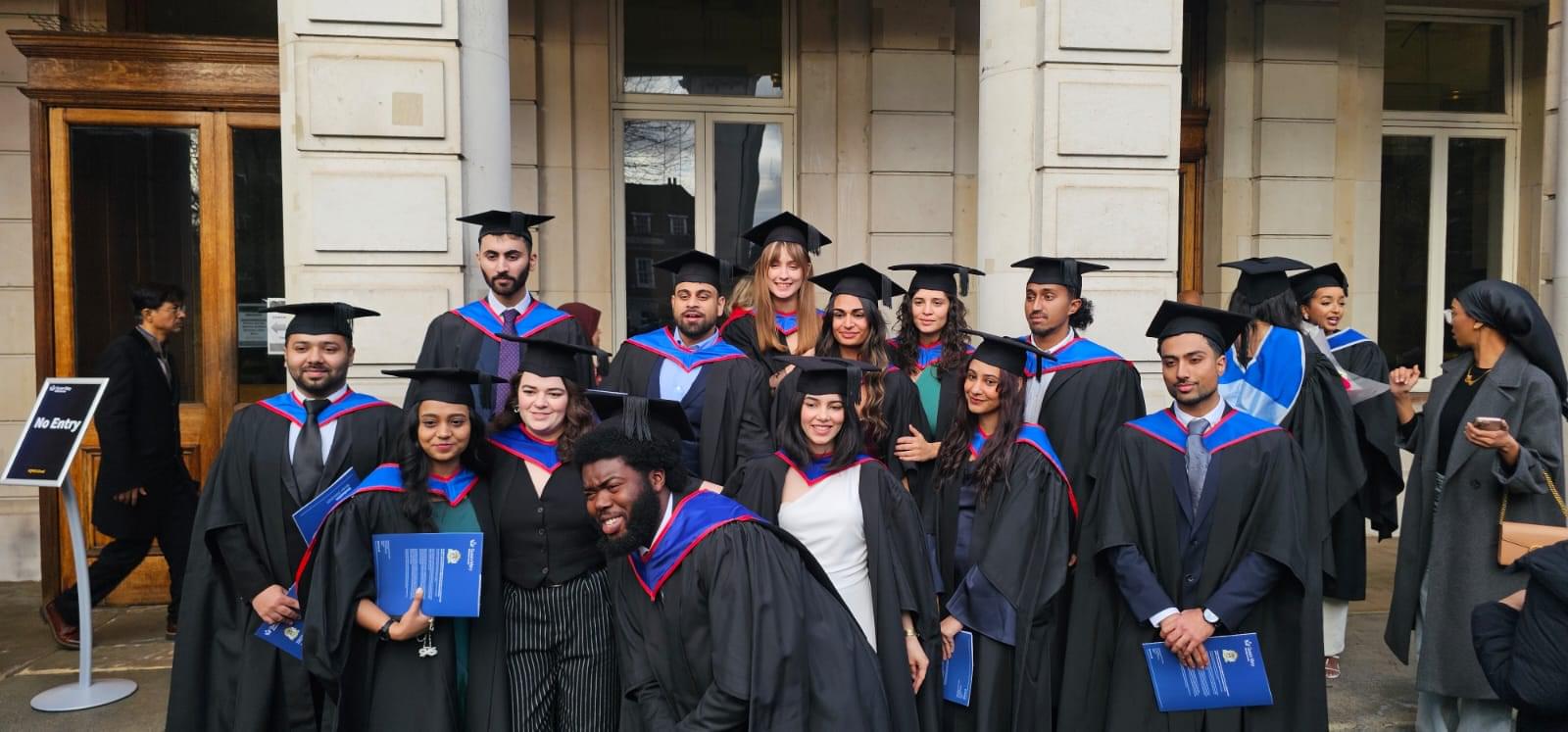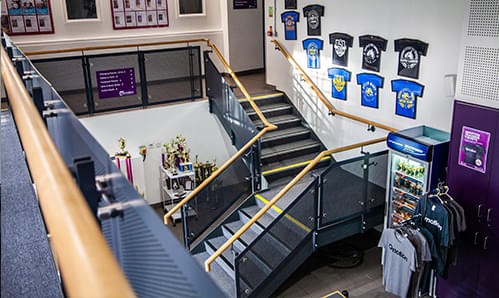What Students Say
Likes
- The infrastructure and the campus
- Rich history of the university with around 9 noble laureates
- Very knowledgeable professors and mentors
Dislikes
- The university wasn't very serious on course outcomes and employment
- Access to few parts of the university could have been 24hrs for example the library and grad centres.
- Less support for International students and master's students most of the activities, clubs and unions are catered towards the undergraduates and local students.
Course Curriculum
- The difficulty of the course curriculum was medium, the modules in the course were more inclined towards practical learning with only one module being theoretical it was on AI Ethics and research.
- There was heavy focus on data based outcomes and the exams on the statistics module was one of the hardest in the university with a fail rate upto 70% but luckily there were accommodations made.
- There were 3 Indians who were enrolled in my course.
Admission Experience
- I applied to three universities -
- University College of London - Waitlisted
- Queen Mary University of London - Accepted
- University of Bern, Switzerland - Accepted.
- I did not get any rejections, the reason I might have been waitlisted for UCL is probably because I did not have any industry experience or did not study a relevant course in my undergraduate.
- The reason I chose Queen Mary University of London was because it was situated in London, one of the power centres of the world. The diversity and the acceptance of London was unbeatable, also had an expectation of better support from the Indian diaspora in London.
- The application process consisted of submission of resume, SOP and a detailed application and also the eligibility criteria was a minimum score of 7.5 on IELTS. The admission was an easy process but the wait time was really high.
- There were totally 16 students in my course, as the course was very new and we were the first cohort at QMUL learning MSc AI in the biosciences. There were 3 Indian students including me and the rest consisted of European and British students.
- The classes started on 23rd September and the admission process took around 3 months. I applied for the course on March 15th and the decision for acceptance was on July. There were no interviews involved.
Class Schedule
- There were 4 classes in a day, the timetable consisted of two weeks of classes and 1 week of holidays for assignment.
- There were 46 students in the class during 1st semester and 16 students in 2nd and 3rd semester.
Faculty
- There were 4 faculty members for every 16 students in my course, there was also one assigned academic mentor for the course with regular meetings during the academic year.
- The teaching methodology for a few modules consisted of teaching through PPTs and writing programs and few modules involved excursions to Kew gardens and some modules involved team challenges as a teaching tool. I do not feel they were sufficient for securing a job.
- Yes there were professors who took an active interest in helping students find jobs.
- I really appreciate Dr Mohammed Elbadawi who later became the course director of MSc AI in the biosciences, he was personally involved and took initiatives in our overall development and learning, he was very passionate about giving his best and inspiring us to do better.
- Another professor that I really appreciate is Dr Conrad Bessant although very formal his teaching was top notch and his teaching pushed us out of our comfort zone to explore and do better.
Campus Life
- My university had two campuses one in Whitechapel and one in Mile End with both the campuses situated right next to each other, there was a canal flowing near the library and made a beautiful scenery.
- There were a lots of clubs and activities but not much promotion on it and was mainly catered to the undergraduates.
- I was part of the Queen Mary Machine Learning Club.
Part Time Jobs
- There were not many TA, RA and DA position available for the masters students as they were meant only for the PhD students, there were no students who held these positions in my cohort.
- The pay range for these jobs were minimum wage of 12 pounds per hour and had work hours of 20 hrs per week.
- There were jobs like bar tender and barista and catering assistant available at the university also campus ambassador jobs.
- It was very difficult to secure on campus part time jobs because of the competition.
- Students usually earn minimum wages and usually find part time jobs in pubs and restaurants and some students join agencies like Mint people that give out shifts for events.
- Part time jobs at grocery shops and fast food chains and coffee shops was another common thing, students would just search online indeed and apply for jobs whenever there were openings.
Placement
- Only one of my classmates got employed but she had to go back to Italy where she is working for PWC as AI Manager, two other students including myself are currently under employed meaning we are working for a start up on stipend basis.
- There are lots of online websites that help find jobs after graduation, the famous one being LinkedIn. Not many of the students are placed as the university doesn't have many placement programs.
Accommodation
- I managed to find an accommodation outside the campus, I lived in an apartment in Stratford and the rent was 750 pounds for a shared room which included all the bills and had maid that would come in every month for a deep cleaning.
- The agency was called Cemlux Homes.
- The accommodation was top notch, but finding it was very difficult the accommodation for international students is really bad in the UK as it requires a UK guarantor which can be a really hard process.
Exams
- IELTS was the only requirement and varied from course to course, some courses gave out conditional offers with students completing the IELTS after getting an offer.
- The documents that were required was SOP, 2 LORS and a CV
- There was no interviews as part of the application process and so didn't have any influence over my admission decisions, but I was in contact with the professors which did give me more insights about the course and decision process.
Fees
- The total fees of my course was 27,950 pounds and was charged yearly.
- I didn't avail hostel in case of university accommodation the monthly charges including all the bills would have been 650 Pounds per month.
- The monthly expenses for me was around 1250. With 750 pounds going for flat rent and 500 pounds for food and groceries and another 100 to 150 pounds going for travelling and entertainment.
Scholarship
- Yes I did receive a scholarship during the course, the scholarship was awarded by the School of Biological and Behavioural Sciences and it was an amount of 5000 pounds on the university fees.
- The scholarship was given to a few students as a part of the course based on academics and merit of the student.
- Every course had 3 to 4 students who received these school wise scholarships.
- There were extra financial aid for domestic students as well.




